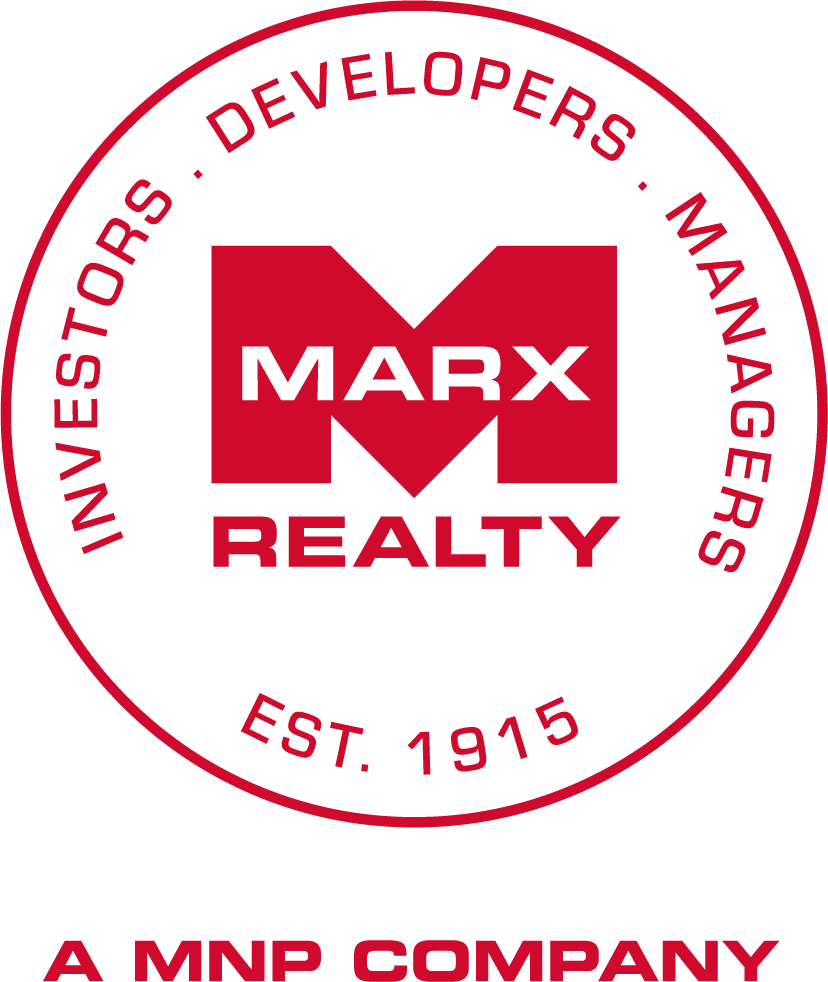A top NYC commercial real estate CEO says the buildings hurting from remote work are the same ones he warned about 6 years ago

BY ALENA BOTROS | July 5, 2023

Craig Deitelzweig, chief executive officer of New York based-Marx Realty, says the office sector is “really bifurcated” right now.
Marx Realty has been a player in New York commercial real estate for over 100 years. From its first property purchase in 1915, onto the acquisition of 17 properties in 1928, its holdings now encompass 67 properties across 17 states, so it’s seen several turns in the commercial real estate market. To Craig Deitelzweig, president and chief executive officer, one thing is clear about the office sector and it doesn’t solely have to do with the remote work era or the aftermath of the pandemic: “If you’re a commodity building, you’re in deep trouble,” he tells Fortune.
This is “really nothing new,” he adds, saying that he’s been beating this drum for the last six years, ever since he became CEO. “If you’re a commodity building, you’re toast.”
But to understand what Deitelzweig means, you have to know what he means by “commodity building,” and that’s where it gets more complicated. But there’s still one inescapable truth: “the office sector is really bifurcated at the moment.”
With remote work giving way to hybrid giving way to the current push-and-pull to get employees back as much as possible, the way to do that is with an office that makes them want to be there. That means bringing in hospitality elements, Deitelzweig says, adding that his firm’s office properties have outdoor spaces, lounges, cafes, doormen, and of course the thing pretty much everyone loves: free coffee.
“That’s what today’s tenants want,” he says, and that’s why he says Marx Realty’s office properties are well-positioned, and why commodity buildings can’t compete on price because, as he put it, who wants to come into an office with low ceilings and a depressing environment. “You could be a brand-new glass and steel office building and still be commodity—there’s nothing special about it. Some of those buildings have been sold at really steep discounts.”
That’s not to say that office sector is solely at risk. Any asset could be in trouble, Deitelzweig says, if its owner has debt that’s coming due and they bought their property with the assumption that they’d have lower interest rates forever. Now that the Federal Reserve has aggressively raised interest rates in its attempt to lower inflation, and there’s debt set to mature at those higher rates, “that is a real concern for every sector in real estate,” Deitelzweig adds. As Fortune previously reported, commercial real estate loans that are set to mature in a time of higher interest rates and tightened credit (following stress in the banking sector) will likely result in more delinquencies, defaults, and declining property values.
‘No choice but to hand the keys back to the lender’
It’s hard to even ascertain where office property values are right now, Deitelzweig says, because there’s hardly any transactions happening. Part of that is because credit is tightened and stricter lending standards are at play, but also because owners don’t want to give back their properties to lenders. “It takes a while for them to reach that conclusion that this is really the best result for them,” he explains.
The economy has already begun to see how the end of an era of cheap money and changing demand is playing out for office properties, with Fred Cordova, CEO for Santa Monica–based commercial real estate brokerage and consultancy firm Corion Enterprises, telling Fortune that “we’re creating this huge class of zombie buildings.”
For those same reasons, the commercial real estate billionaire (and son of the former presidential candidate) Ross Perot Jr., suggested that “commercial real estate, overall, will slow down,” and potentially head toward a recession—raising a particular concern over New York City’s old office buildings in our post-pandemic world. “It’ll be years before we really understand the damage the pandemic did to the world,” Perot told Fortune, adding that for one, “it broke the habit patterns of millions of people that used to go to work every day in a real office.”
Those commodity buildings, Deitelzweig mentioned, are trading at half their purchase price or even more than that, and the better ones are still declining in value. Still, he says this can present itself as an opportunity for developers that know how to reposition an asset and elevate it to meet today’s tenants’ expectations. But that means that we are seeing office property owners and landlords returning their assets to lenders. “It really has to be twofold,” Deitelzweig says, in that more often than not this is happening with property owners that have debt coming due on their—and they don’t know how to properly reposition it or they don’t want to put in the extra capital that’s needed to make that happen.
“For the assets that aren’t doing well and have debt coming due, I mean, they’ll have no choice but to hand the keys back to the lender, so there will be more of that happening,” Deitelzweig says.
That can mean a few different things for supply. For the commodity types of spaces and buildings, Deitelzweig says there’s already too much supply, so there’s going to have to be some adjustment. Maybe that’s transforming commodity building into hospitality-infused office properties—or maybe tearing them down and turning them into parks (which is exactly what Perot Jr. told Fortune he’d do). Why not convert those obsolete offices to housing, I asked, like many others, thinking it could potentially help the city’s housing crisis.
“On the properties that I’ve looked at, it really doesn’t make economic sense, and it’s more of a pipe dream,” Deitelzweig says. “Because really, if it doesn’t work for office, it doesn’t work for residential, usually, as well, and the basis would have to decrease so dramatically for those economics to make sense.”
Deitelzweig joined the company as its president and CEO back in 2017. His main focus? Value-add office investments in three core markets: New York City, Washington D.C. and Atlanta and repositioning Marx’s entire portfolio. They’ve since adjusted their focus to New York City and Washington D.C., but they still “very much believe in office repositioning.” Deitelzweig tells Fortune that their portfolio (which includes office, retail, and a little bit of residential) is positioned well, with no debt coming due in the next two years. Take Marx Realty’s 10 Grand Central property (a 35-story office building) in New York, Deitelzweig says they’ve leased more space in that building in the last 12 months than all the buildings around them combined.
“Are you trying to get me to give away my secrets?” Deitelzweig said, laughing, after I asked what’s missing. He then said, some of it is location, as in being near transportation, because no one really wants to take that second or third train to work. But it’s also about being thoughtful with your design. The best hotels can’t be replicated, and that’s how they like to think of offices. Nevertheless, for those assets that he mentioned won’t have a choice but to turn in the keys, lenders will look to companies like his for help, which Deitelzweig says is already happening.
View the Full Article“I think it’s part of a cycle, and I think it’s a very healthy thing sometimes for every commercial real estate sector to sort of rethink, step back, and reimagine what the product could look like,” Deitelzweig says.









 .
.